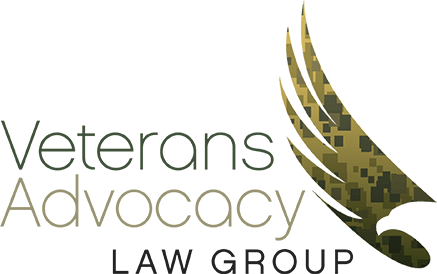Since the founding of the United States, our government has endeavored to support those who have defended it. A famous quote, incorrectly attributed to George Washington states that “[t]he willingness with which our young people are likely to serve in any war, no matter how justified, shall be directly proportional to how they perceive how the veterans of earlier wars were treated and appreciated by their nation.” The quote itself may not have come from President Washington, but it sums up the attitude of our country toward its veterans: continued support of our veterans is more than just basic fairness; it is necessary to our national security.
President Washington actually wrote on the subject of the American military, and what would be required to defend the United States in a “great and lasting War.” Washington wrote:
I do not mean to exclude altogether the idea of patriotism. I know it exists, and I know it has done much in the present contest. But I will venture to assert, that a great and lasting War can never be supported on this principle alone—It must be aided by a prospect of interest or some reward. For a time it may, of itself, push men to action—to bear much—to encounter difficulties; but it will not endure unassisted by interest.
George Washington to John Bannister, 2 April 1778.
How That is Reflected Today
Today, the Government provides President Washington’s “interest” in the form of health care, home loans, disability compensation, vocational rehabilitation, and a number of other programs, including assistance to Veteran businesses in obtaining Federal Government contracts. The “set aside” contract is a contract reserved for certain protected categories, such as Service Disabled Veteran Owned Business (SDVOSB) and Veteran Owned Small Businesses (VOSB), among others. Set-aside programs are highly-regulated in order to preserve their integrity and keep non-protected businesses from unlawfully entering competition limited to those most deserving.
Subcontracting Limitations
One such regulation limits the ability of a protected contractor to subcontract to non-protected entities. The prime contractor must provide a majority of the services or products under the contract unless the subcontractor is protected as well. Here is an example of conduct prohibited by 13 C.F.R. § 125.6, a regulation dealing with this kind of situation: a set-aside contract is awarded in the total amount of $1,000,000 for services. The prime contractor, an SDVOSB, subcontracts $500,001 to a non-protected subcontractor. The prime contractor is in violation of the limitation on subcontracting requirement because it has subcontracted more than 50 percent of the contract amount to an entity that is not considered similarly situated to an SDVOSB prime contractor.
What is a Storefront?
Government contracts are indeed valuable, and the temptation to skirt these sorts of limitations is strong. During the past decade, large corporations have begun to approach SDVOSBs and VOSBs with a common scheme: The Veteran business submits an offer on a valuable set-aside contract; and, pursuant to applicable laws and regulations, the Veteran business includes a provision that its subcontractor will do only 49 percent of the work. However, in reality, the Veteran business will only do a small portion of the work, and the large corporation takes over. The Veteran business becomes a “storefront” for the large corporation. With the large corporation’s economies of scale, vendor networks, and ability to work under lower profit margins, the large corporation helps the prime contractor get the award, cheating out the rest of the competition.
What Should a Sdvosb Do if Approached to Be a Storefront?
What should an SDVOSB do if a large corporation approaches with this kind of scheme? Consider the following. First, under FAR 9.406–2(b)(1)(i), the SDVOSB may be subject to debarment for willful violation of the terms of a Government contract or subcontract. Second, the SDVOSB may be subject to criminal penalties under 15 U.S.C. 645(d), which include a fine up to the greater of $500,000 or the dollar amount that the SDVOSB spends on subcontractors.
What should an SDVOSB do when it believes a competitor won a contract under these circumstances? Contact the experienced attorneys at Veterans Advocacy Law Group at (888) 680-9612 or complete an online contact form.

